Web3 and Node.js: Enabling the Next Generation of the Internet
Web3, also known as the decentralized web, is a term used to describe the next evolution of the internet. It is a vision for a future internet where users are in control of their own data and digital lives, and where centralized intermediaries are no longer necessary.
One of the key technologies enabling web3 is Node.js, an open-source, cross-platform JavaScript runtime environment. Node.js allows developers to build decentralized applications (dApps) that run on a decentralized network of computers, rather than on a single server. This means that dApps built on Node.js can be more secure, reliable, and scalable than traditional web applications.
With web3, users will have the ability to own and control their own data, rather than having it stored on centralized servers controlled by large corporations. This means that users will have greater control over their privacy and security online. Additionally, web3 has the potential to enable new forms of online collaboration and communication, as well as new business models and economic systems.
For example, web3 technologies like blockchain and smart contracts can enable new forms of peer-to-peer transactions and exchange, without the need for intermediaries like banks or credit card companies. This could lead to lower transaction costs and faster, more efficient financial transactions.
Web3 could also have a major impact on the way we share and access information online. With decentralized technologies like distributed storage and peer-to-peer networks, it will be possible to create a more open and accessible internet, where information is not controlled by a few large companies. This could lead to a more diverse and vibrant online ecosystem, with more opportunities for individuals and small businesses.
Node.js is an important part of this vision for web3, as it provides developers with the tools and frameworks they need to build decentralized applications. By allowing developers to build dApps that run on a decentralized network, Node.js makes it possible to create applications that are more secure, reliable, and scalable than traditional web applications.
In addition, the active and vibrant Node.js developer community provides a wealth of open-source packages and modules that can be easily integrated into Node.js applications. This makes it possible for developers to quickly and easily build complex, feature-rich dApps using a wide range of pre-existing tools and libraries.
Overall, web3 has the potential to fundamentally change the way we use the internet, and Node.js will play a crucial role in enabling this transformation. By providing developers with the tools to build decentralized applications, Node.js is helping to pave the way for a more open, secure, and equitable internet for all.
